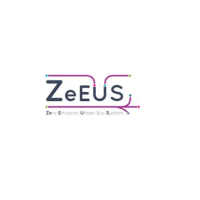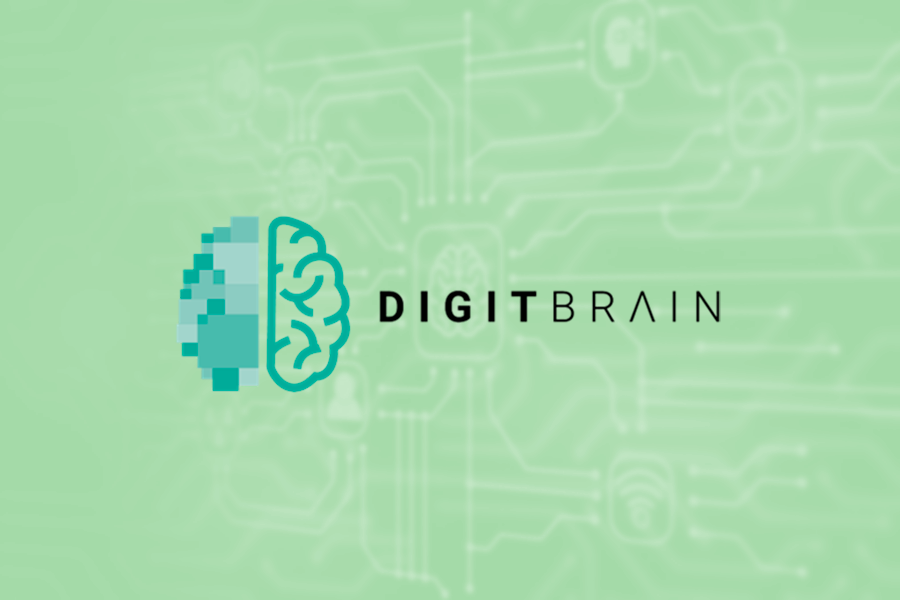ZeEUS

Zero Emission bUs Systems
-
Grant Agreement number 605485
42 months
November 2013 to May 2017
The challenge
ZeEUS project focus on the today’s challenge in the electrification of bus system, the extension of the fully-electric solution to a wider part of the urban network. This goes through the development of electric vehicles of large capacity, and the creation of an infrastructure capable of providing the required charging energy, operated according to non-disruptive and grid-balancing principles.Electrification of the public transport is a raising trend in Europe, and electric buses are soon expected to enter markets as one of the most interesting options for matching urban environmental targets. Electrification is driven by both economics and politics. However, although technology is not yet fully matured and ready for wide commercialisation, a large demonstration project will facilitate the market up-take of electric buses in Europe. Furthermore, as unambiguous and extensive information about overall effects of electrified bus systems and related needs for changes on infrastructure do not exist today, UITP sees its objectives and those matching perfectly, and this led UITP to build a consortium of 40 partners, who were already considering their actions along this theme, and to collectively design the 42-months demonstration project ZeEUS – Zero-Emission Urban Bus Systems.
The solution
- Objective 1
- Objective 2
- Objective 3
- Objective 4
Extend fully-electric solution to the core part of the urban bus network composed of high capacity buses
Evaluate the economic, environmental and societal feasibility of electric urban bus systems through live operational scenarios across Europe
Facilitate the market uptake of electric buses in Europe with dedicated support tools and actions
Outcomes: Key results
- Clarify the viability of the different types of electrical buses for immediate market introduction within urban areas
- Accelerate market roll-out of electric buses in order to meet EU policy objectives
- Facilitate pre-commercial procurement and foster innovation in the public sector
- Clarify possible support for further deployment of electric buses in European cities through European Investment Bank instruments
Role of Enide
- WP on the Barcelona Demonstrator
Services related to the role
- Detailed Implementation Plan and Demonstration Preparation
- Execution of the Demonstration
- Data Collection and Local Evaluation
CASCADE
The core objective is to empower digital service companies (SMEs) to develop IT-enabled innovative circular economy (CE) solutions as projects, including platform business models, sharing economy/collab consumption, product-as-a-service, in B2C but also B2B. Digital circular project incubator.
3-CO
The 3-CO project aims to improve the sustainability performance and competitiveness of bio-based systems and will focus on consumer-oriented labelling options for sustainable industrial BBPs. The supportive framework developed in 3-CO includes actionable guidelines for label design for LCS owners that reflect consumers’ and other stakeholders’ needs, digital solutions to support better-informed decision-making processes of consumers as well as policy recommendations on deploying social measures.
DigitBrain
Is providing SMEs with easy access to digital twins. Using a Digital Twin, companies can rationalize the manufacturing process, make predictions regarding expected machine failures and can predict maintenance needs. ENIDE will contribute the technical aspects related to the service platform, for Combined Model Trusted Traceability Service, SLA Monitoring Service, Infrastructure Deployment Cost Recommendation Service.


